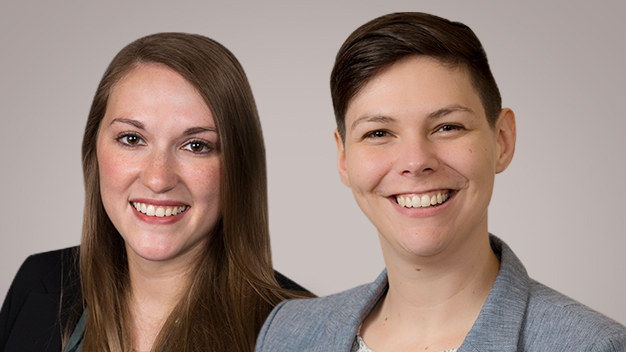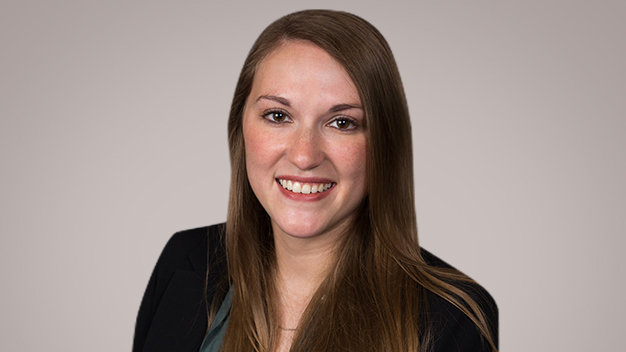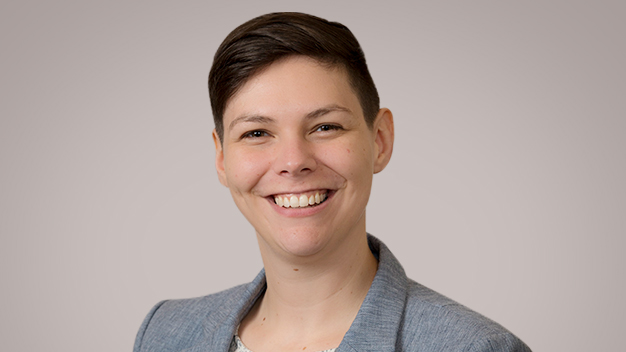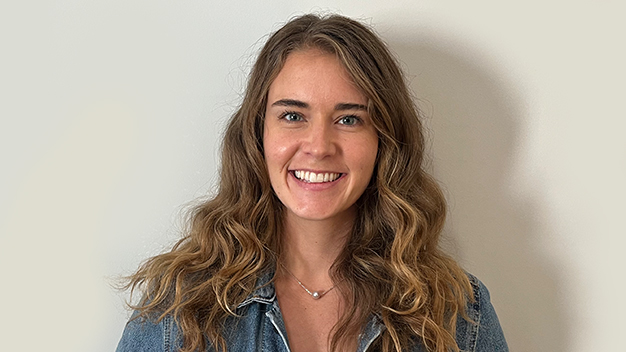Creating business value with community
Amanda Ahrens

Episode notes
What’s one way to create business value with your data science community?
Data competitions.
A few key lessons learned in holding a data competition:
1. Encourage folks to network and find people in parts of the company you wouldn’t normally work with
2. Make sure the theme resonates with the executives, but also, mid-level managers because they have to be supportive of their employees spending time participating in the competition
3. The theme should also apply to the whole company because you don’t want to exclude any one that has a certain type of job that doesn’t touch that area
At 10:02 in this recording: Amanda Ahrens & Alix Schmidt from Dow Chemical shared how they hold a Shark Tank style competition where groups come up with a project idea and pitch it to this executive panel.
In all three years of the Data Science Challenges, winning projects were implemented in some way.
The number one project from last year actually just won an Edison Award, which is a big research and development in STEM award.
A lot of value is created at the interface of different functions and different organizations in a company as big as Dow, which is like 37,000 employees.
One of the things we encourage folks to do is network and get out there and find people in parts of the company that you wouldn’t normally talk to.
That project brought three very small projects from our toxicology department, our molecular discovery research area, and our supply chain area together to make a really powerful tool for making safer and more sustainable products.
It’s such an awesome example of exactly the vision of the event and to get that external recognition was really cool.
A huge part of being able to bring people together across the company is making sure that you set a theme that resonates with the executives, but also, the mid-level managers because they have to be supportive of their employees actually participating in the Data Science Challenge.
Our Shark Tank style challenge wasn’t just a day or two days where people were working on a problem with the same data set. It was actually over a longer period of time. Beginning to end, the challenge was more around two months. There was a lot of time spent there, so people had to feel like it was worthwhile for their team.
The competition we did in 2022 was all around sustainability. Dow seeks to be the most sustainable material science company in the world, and so that’s a very front and center theme for the company, not just the Data Science Challenge. So it’s pretty easy to get executives to rally around that.
They were already interested in it, it was already on their scorecard, so might as well add this to help them achieve their goals.
Finding themes that are enterprise-level for the whole company is really important, because we want to make sure the theme doesn’t exclude any one that has a certain type of job that just doesn’t touch that area. Executive sponsors tend to have goals at this company-wide level.
Featured in this episode

Amanda Ahrens is the ESG Data Architect within Enterprise Architecture at Dow in Houston, TX. She leads setting data strategy for the rapidly growing area of Environmental, Social, and Governance. She works across functional domains to design the data architecture and strategy to enable efficient and reliable ESG reporting as well as other emerging business scenarios. Amanda partners closely with other IT teams to translate data architecture and strategy into executable roadmaps for implementation.

Alix Schmidt is a chemical engineer and data scientist working on materials informatics and AI research at Dow Chemical. Through several roles in R&D and Manufacturing Operations she has experienced all sides of data science solutions - business user, data generator, modeler, business analyst, and solution architect. She is currently bringing these experiences together as the Strategy Leader for R&D Model Deployment and MLOps - a role that is primarily delivering governance, training, and change management to make step change improvements in how research is done at Dow.

